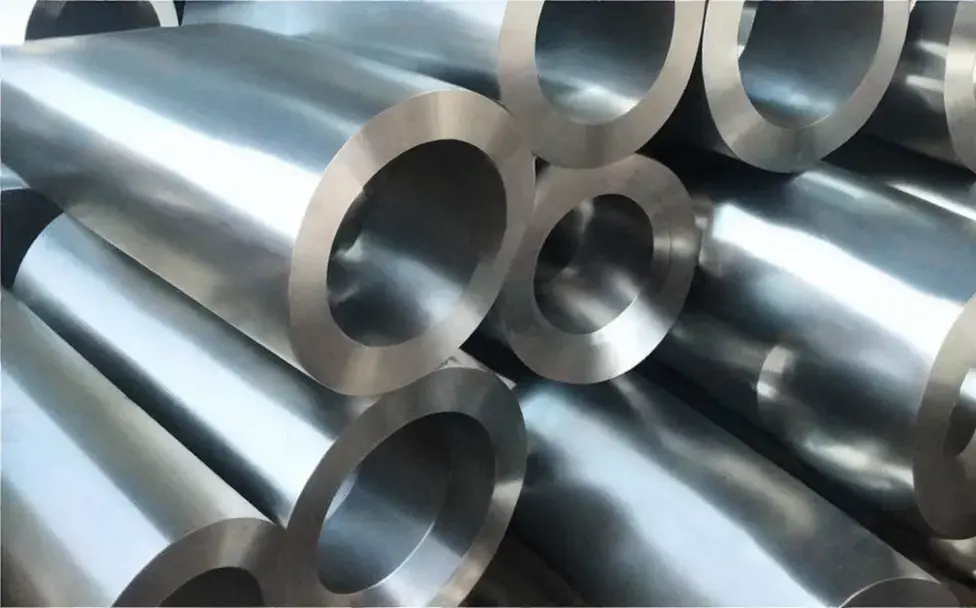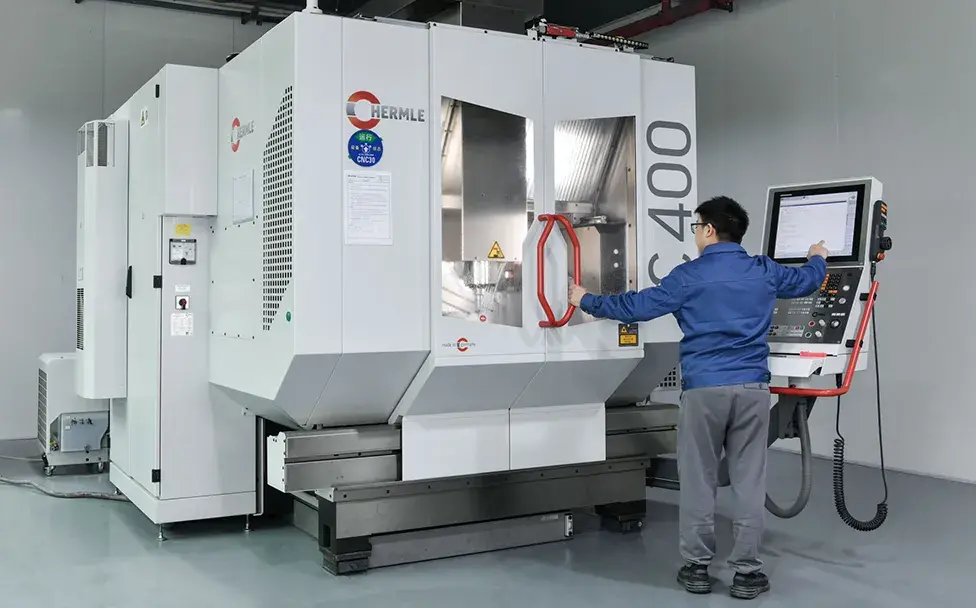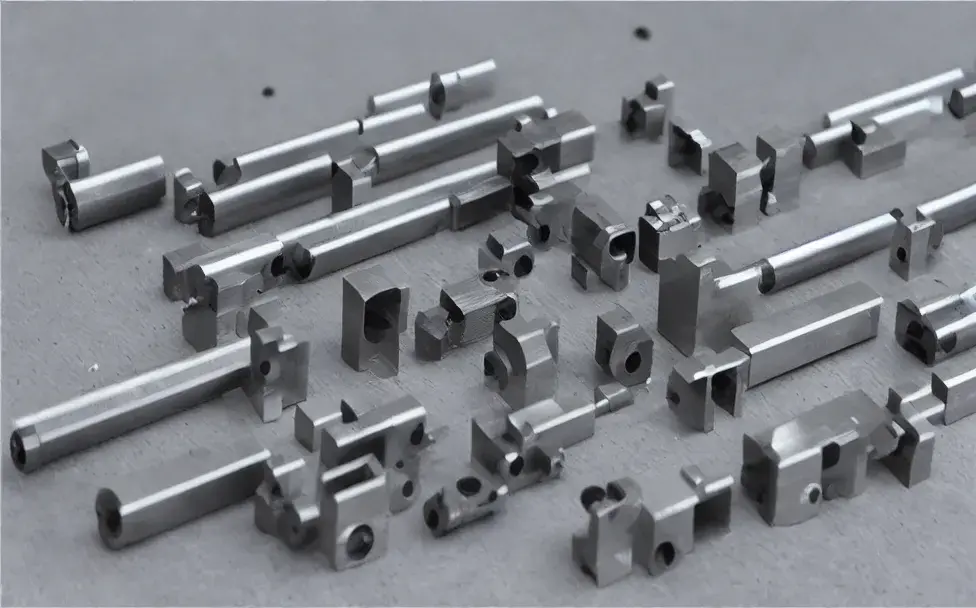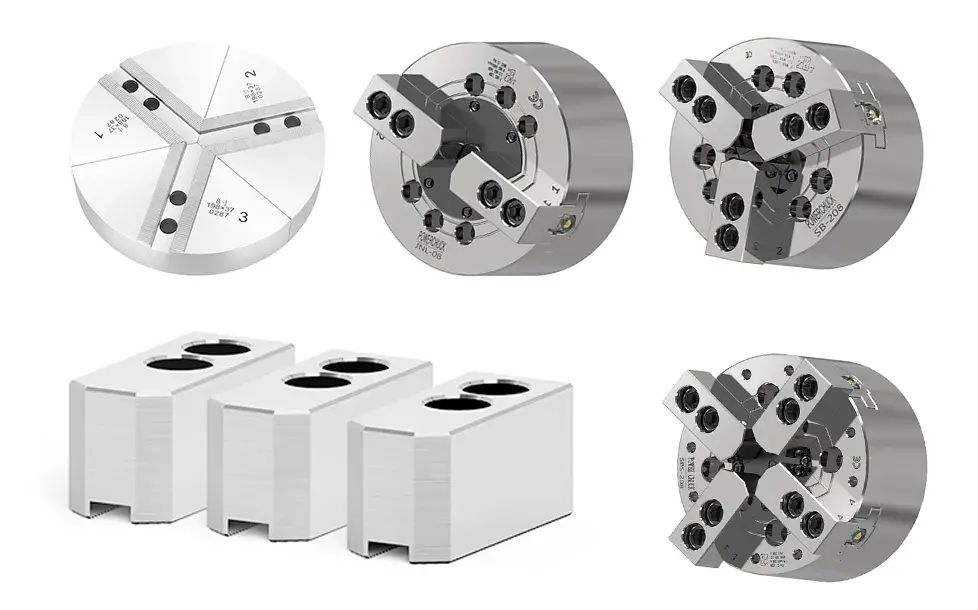Can Stainless Steel Rust?
The answer to the question “does stainless steel rust?” is both yes and no. While stainless steel is highly resistant to corrosion and rust, it’s not completely immune. Under certain conditions, stainless steel can develop rust and corrosion. The key factor is the presence of contaminants on the surface of the metal, which can weaken the protective chromium oxide layer and lead to rust and corrosion.

The Causes of Rust on Stainless Steel
There are several factors that can cause rust on stainless steel, including exposure to harsh environments, poor maintenance, and contamination. For example, exposure to saltwater and high humidity can weaken the protective chromium oxide layer, leading to rust and corrosion. Additionally, improper cleaning and maintenance practices, such as using abrasive materials, can also weaken the chromium oxide layer and increase the risk of rust and corrosion.
How to Prevent Rust on Stainless Steel
To prevent rust and corrosion on stainless steel, it’s essential to maintain a clean and dry surface. Regular cleaning and wiping down the surface with a mild detergent and water can help remove any contaminants that could lead to rust and corrosion. Additionally, using a corrosion-resistant coating can provide an extra layer of protection against rust and corrosion.
The Benefits of Stainless Steel
Despite the potential for rust and corrosion, stainless steel remains a popular material due to its numerous benefits. It’s durable, long-lasting, easy to clean and maintain, and aesthetically pleasing. Additionally, stainless steel is recyclable, making it an environmentally friendly material. In conclusion, with proper maintenance and care, stainless steel can provide reliable and long-lasting performance, making it a popular choice for various applications.
In conclusion, while stainless steel is not completely immune to rust and corrosion, it is highly resistant to these issues. With proper maintenance and care, it can provide reliable and long-lasting performance, making it a popular choice for various applications. By understanding the causes of rust on stainless steel and taking the necessary precautions, you can ensure that it remains rust-free and functional for years to come.



